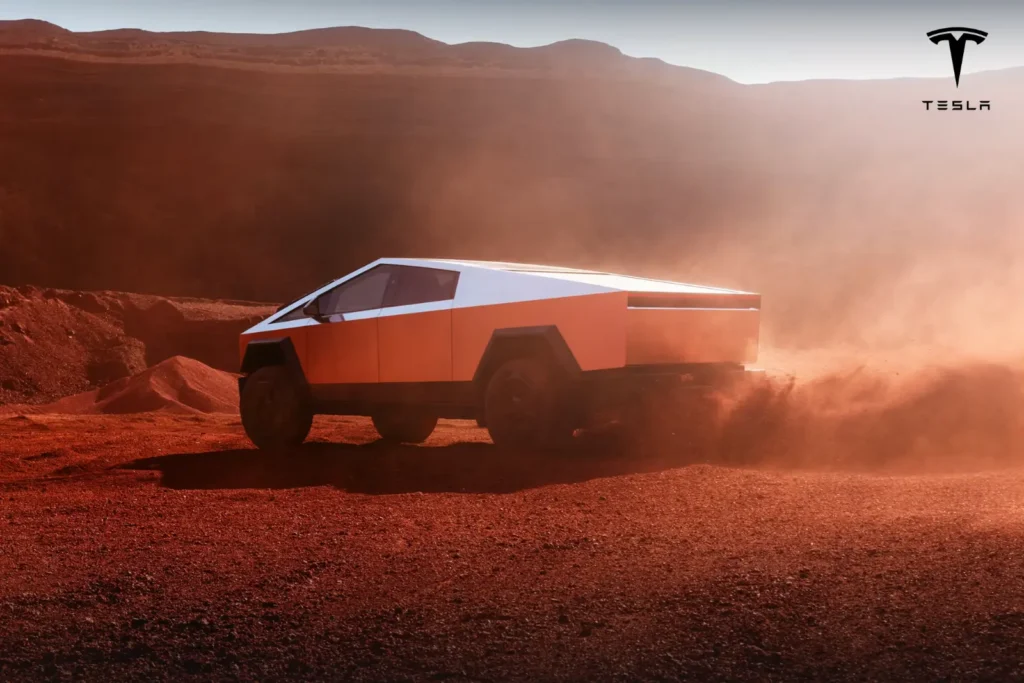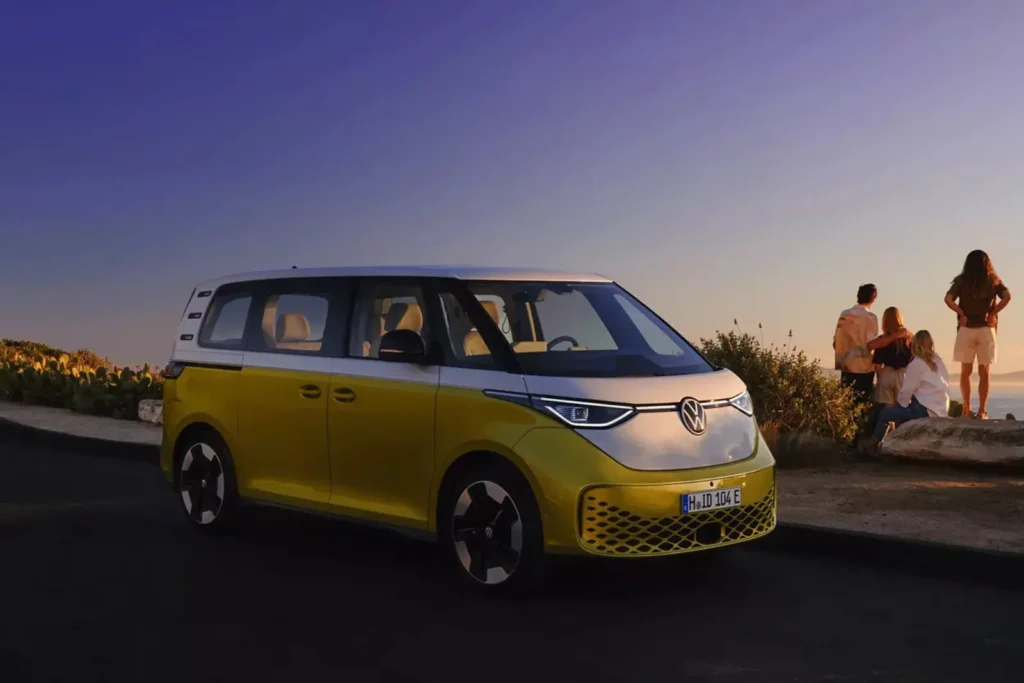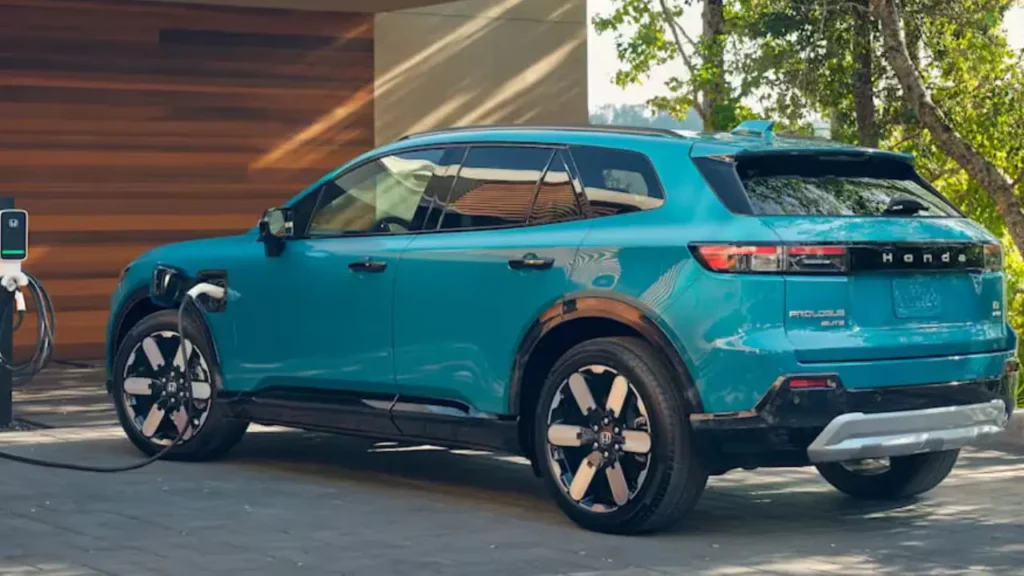Table of Contents
Hydrogen powered cars, also known as fuel cell electric vehicles (FCEVs), are gaining attention as a potential future alternative to traditional internal combustion engine vehicles and battery electric vehicles (BEVs). Here are some key points to consider when evaluating whether hydrogen-powered cars could be the future of transportation:
Advantages of Hydrogen-Powered Cars
- Zero Emissions: Hydrogen cars emit only water vapor, making them an environmentally friendly option, especially when the hydrogen is produced using renewable energy sources.
- Fast Refueling: Unlike battery electric vehicles, which can take hours to charge, hydrogen cars can be refueled in just a few minutes, similar to gasoline or diesel vehicles.
- Long Range: Hydrogen cars typically offer a longer driving range compared to many battery electric vehicles, making them suitable for long-distance travel.
- Energy Density: Hydrogen has a high energy density by weight, which can be advantageous for applications requiring lightweight energy storage.
Challenges and Limitations
- Production of Hydrogen: Most hydrogen today is produced through steam methane reforming, which is not environmentally friendly. Green hydrogen, produced via electrolysis using renewable energy, is still expensive and not widely available.
- Infrastructure: The lack of a widespread hydrogen refueling infrastructure is a significant barrier to adoption. Building this infrastructure requires substantial investment.
- Cost: Hydrogen fuel cell vehicles are currently more expensive than both traditional internal combustion engine vehicles and battery electric vehicles. The cost of hydrogen fuel is also higher compared to electricity for BEVs.
- Energy Efficiency: The overall energy efficiency of hydrogen cars is lower than that of battery electric vehicles. This is due to energy losses in hydrogen production, transportation, and conversion back to electricity in the fuel cell.
- Storage and Transportation: Hydrogen is difficult to store and transport due to its low energy density by volume and the need for high-pressure or cryogenic storage systems.
- Competition with Electric Vehicles: Battery electric vehicles have gained a significant lead in the market due to their lower costs, established infrastructure, and technological advancements. Many experts believe that BEVs are more practical for passenger cars, while hydrogen may find its niche in heavy-duty vehicles like trucks and buses.
Current Market and Future Prospects
- Market Presence: As of now, hydrogen-powered cars have a very small market share compared to battery electric vehicles. Companies like Toyota, Hyundai, and Honda are leading the way with models such as the Toyota Mirai and Hyundai Nexo.
- Government Support: Some governments are investing in hydrogen infrastructure and offering incentives for hydrogen vehicles, which could help accelerate adoption.
- Technological Advancements: Ongoing research and development could lead to more efficient and cost-effective hydrogen production, storage, and fuel cell technologies.
- Niche Applications: Hydrogen may find more immediate use in sectors where battery electric vehicles are less practical, such as heavy-duty trucks, buses, and industrial equipment.
Conclusion
While hydrogen-powered cars offer several compelling advantages, particularly in terms of emissions and refueling time, they face significant challenges related to cost, infrastructure, and energy efficiency. Whether they become the future of transportation will depend on advancements in technology, reductions in cost, and the development of a robust hydrogen infrastructure. In the meantime, they are likely to coexist with battery electric vehicles, each serving different segments of the market based on their respective strengths and limitations.
Related Articles
- Maruti’s First EV Car – EVX (e-Vitara): A Game-Changer in India’s Electric Vehicle Market
- Toyota Raize: The Compact SUV That’s Redefining Urban Driving
- TVS Ronin: The Ultimate Urban Roadster Redefining Modern Motorcycling
- Yamaha RX 100: The Legendary Bike That Redefined Indian Roads
- The New Tata Safari: A Perfect Blend of Heritage and Modernity
- New Mahindra Bolero: Redefining Toughness and Reliability in 2025
- Honda Activa 7G: Revolutionizing the Scooter Industry (2025)
- Bajaj Platina 110: The Ultimate Commuter Bike for Indian Roads (2025)
- Tata Sumo: A Legend of Indian Roads (2025)
- Hero Splendor Plus: The Ultimate Guide to India’s Most Loved Bike (2025)
- New TVS Jupiter: The Perfect Blend of Performance and Style (2025)
- Kia Syros: A Comprehensive Guide to Kia’s Latest SensationKia Syros
- Tata Sierra: A Comprehensive Review of the Iconic SUV (2025)
- Hero Xoom 160: A Complete Review, Features, and Performance (2025)
- Kawasaki Ninja 500: Ultimate Review, Features, and Performance (2025)
- Best Tyre Brands in India (2024)
- Best EV Cars in India (2024)
- Best Electric Bike in India (2024)
- Best Electric Bicycles in India (2024)
- Best Gear Cycle Under 10000: A Comprehensive Guide












